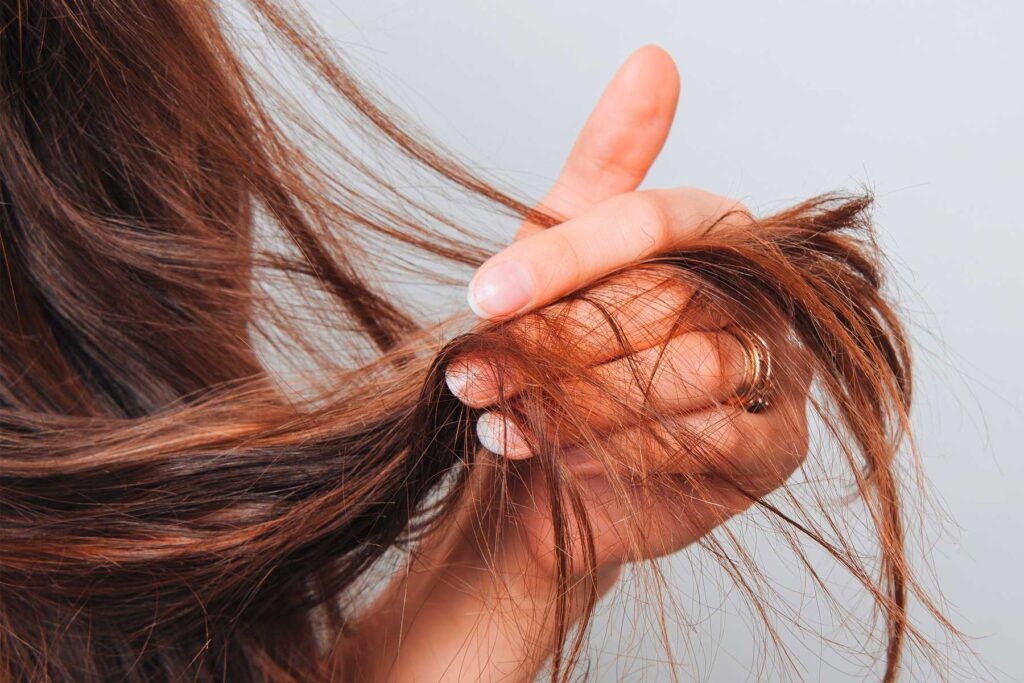
Skin and Hair Related Problems
The skin is the first line of defence for the body. Skin is susceptible to infections and other problems. Skin diseases like eczema, psoriasis, contact dermatitis, and conditions like acne and blemishes can cause irritating symptoms. Medicines that contain steroids can cause side effects & repetition problems. Ayurveda suggests a holistic approach to effectively managing skin problems.
Pranayatan Ayurveda provides different panchakarma procedures, like virechana (Purgation), massages, parishek, dhara & jalaucavacharana (Leech therapy) for skin related problems.
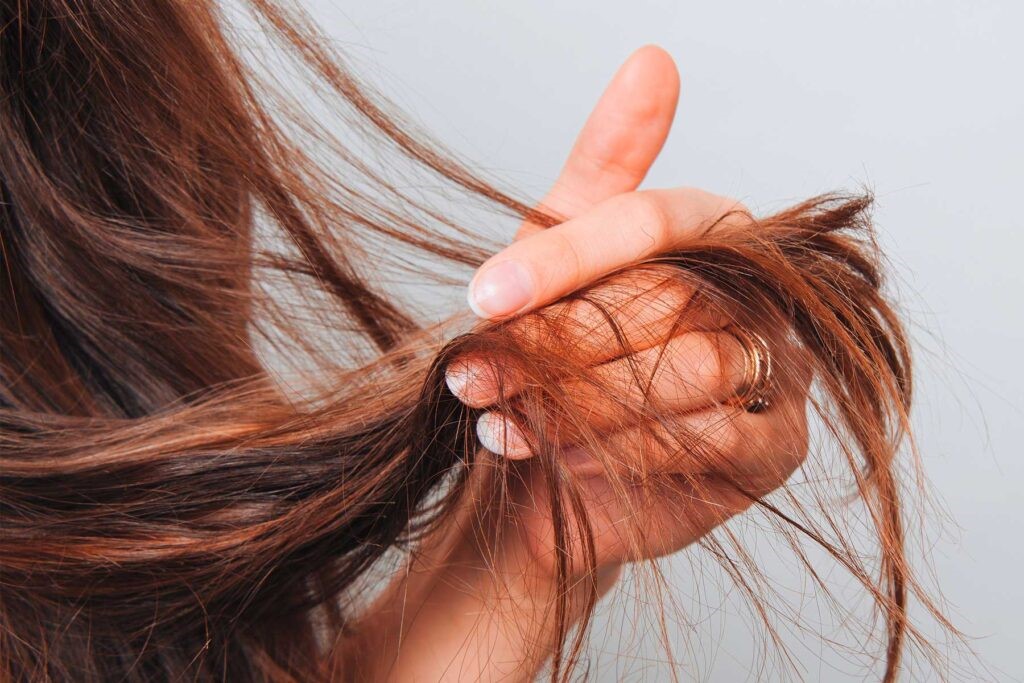
1. Psoriasis Ayurveda Treatment
Psoriasis is a chronic skin condition that affects millions of people around the world. While modern medicine has treatments for psoriasis, many people seek natural and holistic treatments, such as Ayurveda.
Ayurvedic treatment for psoriasis focuses on reducing inflammation in the body and promoting overall health and wellness. This is done through the use of herbs, dietary changes, and lifestyle modifications.
Ayurvedic treatments for psoriasis may also involve Panchakarma, a detoxification process that involves therapies like massage, herbal steam, and nasal irrigation. This helps to remove toxins from the body and improve overall health.
Symptoms
- Red patches on the skin: These patches are typically covered in silver or white scales and can appear anywhere on the body, including the scalp, elbows, knees, and back.
- Itching and burning: Psoriasis can cause itching and burning sensations on the affected areas of the skin, leading to discomfort and irritation.
- Dry, cracked skin: The patches of skin affected by psoriasis may become dry and cracked, which can be painful and unsightly.
- Thickened, pitted nails: Psoriasis can also affect the nails, causing them to become thickened, discolored, and pitted.
- Joint pain and stiffness: In some cases, psoriasis can also cause joint pain and stiffness, which is known as psoriatic arthritis.
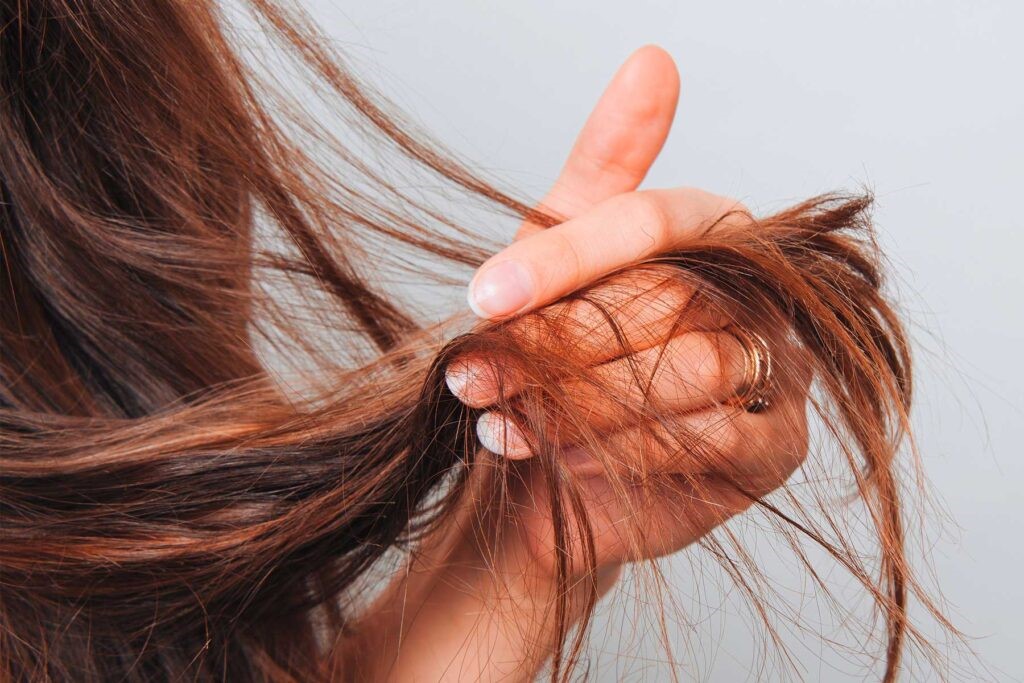
2. Eczema
Eczema, also known as atopic dermatitis, is a chronic skin condition that causes inflammation and itching. While modern medicine has treatments for eczema, many people seek natural and holistic treatments, such as Ayurveda.
Ayurvedic practitioners may recommend changes to one's diet and physical activity levels. This may include reducing the intake of spicy and fried foods, increasing the intake of fruits and vegetables, and engaging in regular exercise.
Ayurvedic treatments for eczema may also involve Panchakarma, a detoxification process that involves therapies like massage, herbal steam, and nasal irrigation. This helps to remove toxins from the body and improve overall health.
Symptoms
- Itching and redness: The affected areas of the skin may be red, inflamed, and itchy, causing discomfort and irritation.
- Dry, scaly skin: Eczema can cause the skin to become dry and scaly, which can be unsightly and cause further irritation.
- Cracks and blisters: In some cases, the skin affected by eczema may crack or develop small blisters, which can be painful and cause further irritation.
- Thickened, leathery skin: Over time, the skin affected by eczema may become thickened and leathery, which can be difficult to manage.
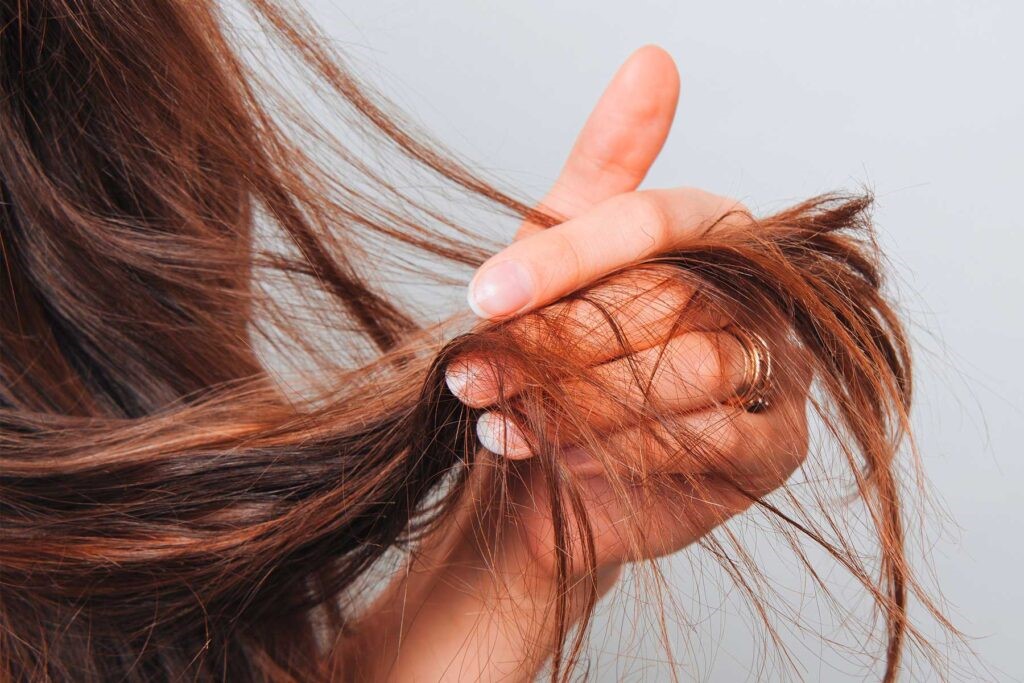
3. Urticaria Ayurveda Treatment
Urticaria, also known as hives, is a skin condition characterized by the sudden appearance of itchy, red, or white raised welts or bumps on the skin. It can occur anywhere on the body and may be accompanied by swelling and redness.
Urticaria is typically caused by an allergic reaction to a substance, such as food, medication, or environmental factors. Stress, infection, and temperature changes can also trigger hives.
There are various treatments for urticaria, including medication, avoidance of triggers, and natural remedies such as cool compresses and anti-inflammatory herbs. In Ayurvedic medicine, treatments for urticaria may include dietary modifications and the use of herbal remedies to help reduce inflammation in the body.
Symptoms
- Raised, itchy welts: Hives are raised, itchy welts on the skin that can appear suddenly and disappear just as quickly. They can appear anywhere on the body and may be small or large.
- Redness and swelling: The affected area of the skin may become red and swollen, which can be unsightly and cause further irritation.
- Burning or stinging sensation: Some people with urticaria may experience a burning or stinging sensation in the affected area of the skin, which can be uncomfortable and painful.
Chronic hives: Chronic hives are hives that last for more than six weeks and can be more difficult to manage than acute hives. They may be accompanied by fatigue and other symptoms.
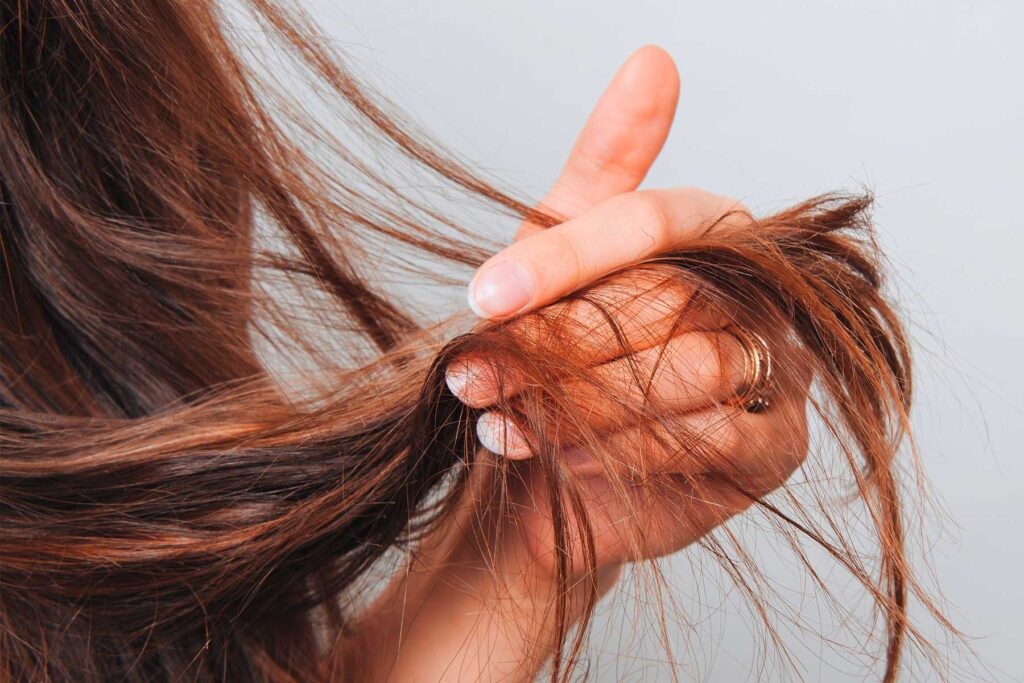
4. Skin Allergies
Skin allergies are a common condition in which the immune system reacts to a substance, causing an allergic reaction on the skin. This can manifest as rashes, itching, swelling, and redness. Skin allergies can be caused by a variety of factors, including exposure to irritants or allergens, stress, and poor nutrition.
Ayurvedic treatment for skin allergies focuses on balancing the body's energies and reducing inflammation. This involves the use of herbal remedies, dietary changes, and lifestyle modifications to promote overall health and wellness.
Symptoms
- Rashes: Rashes are a common symptom of skin allergies, and can appear as red, itchy bumps or patches on the skin.
- Itching and burning: Skin allergies can cause itching and burning sensations on the affected area of the skin.
- Swelling: Skin allergies can cause swelling and inflammation in the affected area, which can be uncomfortable and unsightly.
- Dry skin: Skin allergies can cause dry, flaky skin that may be itchy and uncomfortable.
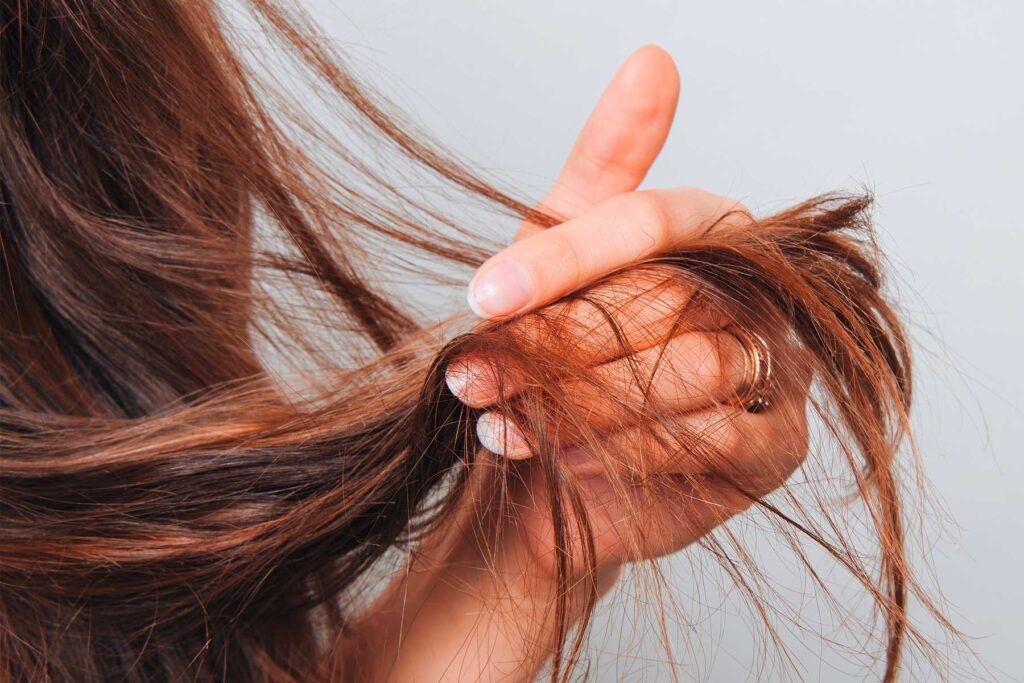
5. Hair Fall
Symptoms
- Thinning hair: Hair fall can cause hair to become thin and less voluminous.
- Bald spots: Hair fall can cause bald spots or areas of the scalp where hair is significantly thinner.
- Itchy scalp: Hair fall can sometimes be accompanied by an itchy or irritated scalp.
- Breakage and frizz: Hair fall can cause hair to become brittle and prone to breakage and frizz.
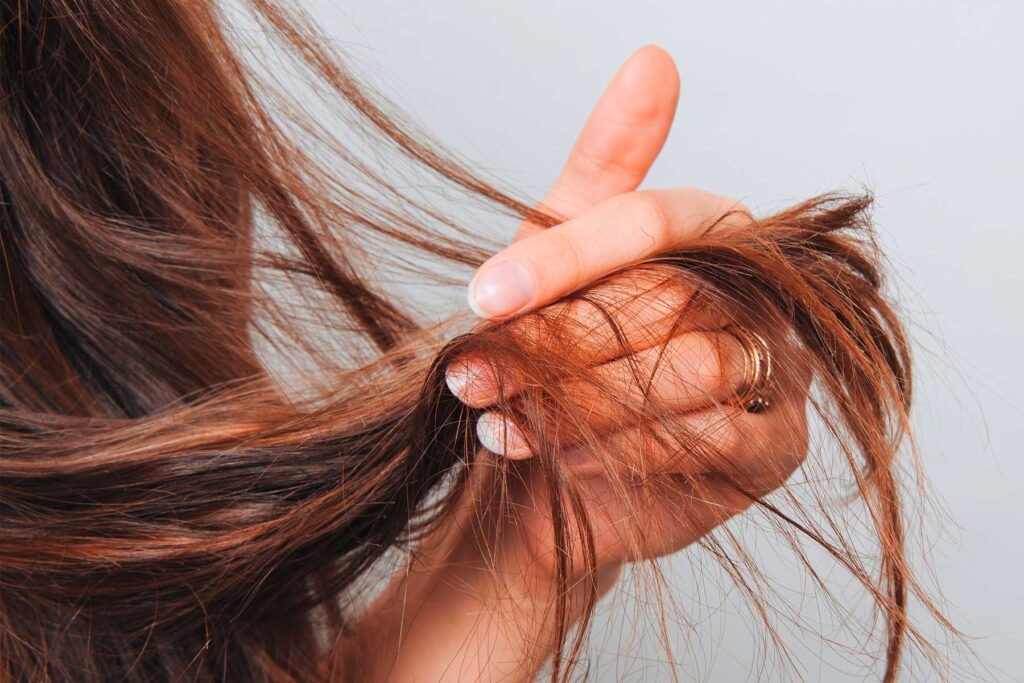
6. Fungal infection in Hair (Scalp psoriasis)
Symptoms
- Itchy and flaky scalp: Fungal infections can cause the scalp to become itchy and flaky, with visible flakes or dandruff on the hair and clothing.
- Hair loss: Fungal infections can damage hair follicles, leading to hair loss or thinning in the affected area.
- Redness and inflammation: Fungal infections can cause redness and inflammation of the scalp, which may be accompanied by pain or discomfort.
- Oily or greasy hair: Fungal infections can cause the hair to become oily or greasy, even with regular washing.
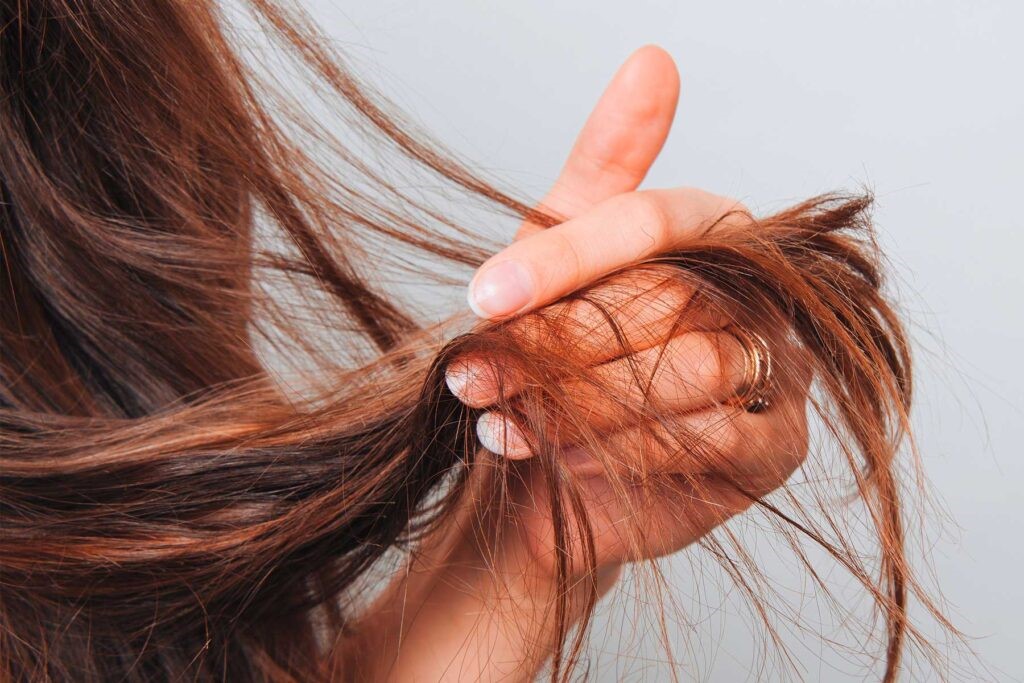
7. Dandruff
Symptoms
- Itchy scalp: Dandruff can cause the scalp to become itchy and uncomfortable, which can lead to scratching and further irritation.
- Flaky scalp: Dandruff can cause visible flakes or scales on the scalp, which can be visible in the hair and clothing.
- Greasy or oily hair: Dandruff can cause the hair to become greasy or oily, even with regular washing.
- Redness or inflammation: Dandruff can cause redness and inflammation of the scalp, which may be accompanied by pain or discomfort.

